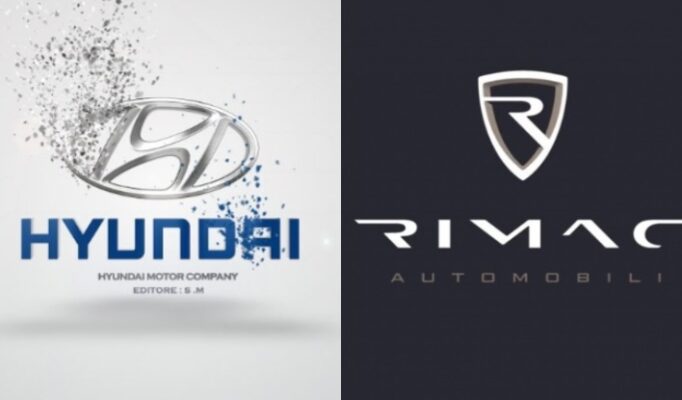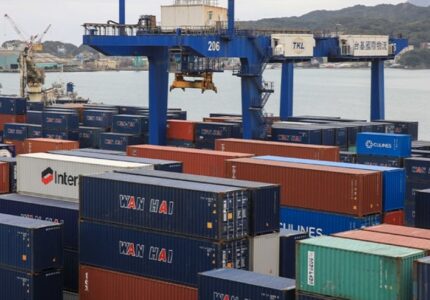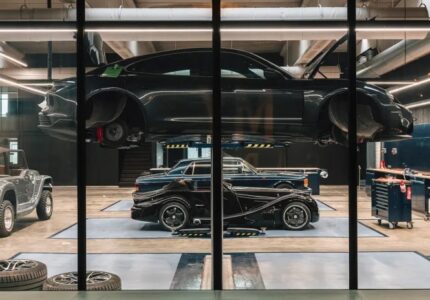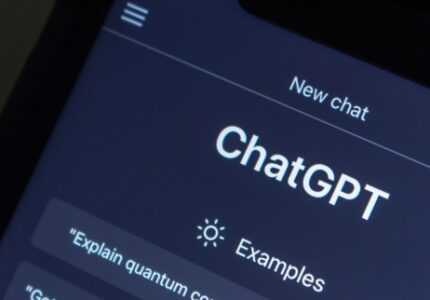Sources say that after the Croatian carmaker deepened its ties with Porsche, Hyundai plans to end its projects with Rimac.
Sources said Hyundai Motor is terminating its projects with Rimac Group after the Croatian carmaker deepened its ties with Porsche.
In 2019, Hyundai and subsidiary brand Kia jointly invested $84 million in the electric startup, taking a 12 per cent stake.
Hyundai subsequently announced two projects: an electric sports car for the Hyundai N Performance sub-brand and a fuel cell sports car.
It is unclear whether the Korean company will sell its stake in Rimac.
Hyundai is yet to respond to a request for comment.
According to one source, Hyundai’s relationship with Rimac has soured as the Croatian company has become more closely aligned with Porsche.
Last year, Porsche increased its stake in Rimac from 10 percent to 24 percent.
At the same time, Rimac formed a 55-45 joint venture with Porsche to acquire Volkswagen Group’s Bugatti hypercar brand.
According to a source, Hyundai will complete the electric sports car project started in collaboration with Rimac in-house. The expected launch date for the car is early 2023.
The sources said the joint work on the fuel cell project, a preview of which was the Hyundai Vision FK concept shown last year, will not continue.
“We have two active high-level projects [with Hyundai], one of which has been completed and several future projects are under discussion,” a Rimac spokesperson said in response to questions from Automotive News Europe via email .
The company did not say whether the completed project was an electric sports car.
Rimac denied that Porsche’s increased influence in the company had caused a rift with Hyundai.
“Hyundai has supported the company’s transformation over the past 12 months, including spinning off Rimac Technology and joining forces with Bugatti under the new Bugatti Rimac,” the spokesman said.
Rimac has positioned itself as a supplier of components for electrified cars led by entrepreneur and founder Mate Rimac, including supplying the powertrain for the Pininfarina Battista hypercar.
Rimac also produces its own electric supercars, the latest of which is the Nevera, due to be available to customers later this year. The Nevera will be limited to 150 units.
Last year, Mathe Rimac said he realised that the growth of his company could damage relations with its shareholders.
“The stakes are getting higher and higher,” he told Bloomberg .
“But I’m not one to overreact. Never. Not even close. So if there is any friction with our shareholders and the more experienced people coming into the company, it will be.”
Mate Rimac told Automotive News Europe in February that despite equity investments from the likes of Porsche and Hyundai, Rimac is still not fully established. “We are not yet over the edge and out of the Death Valley of companies,” he said.






